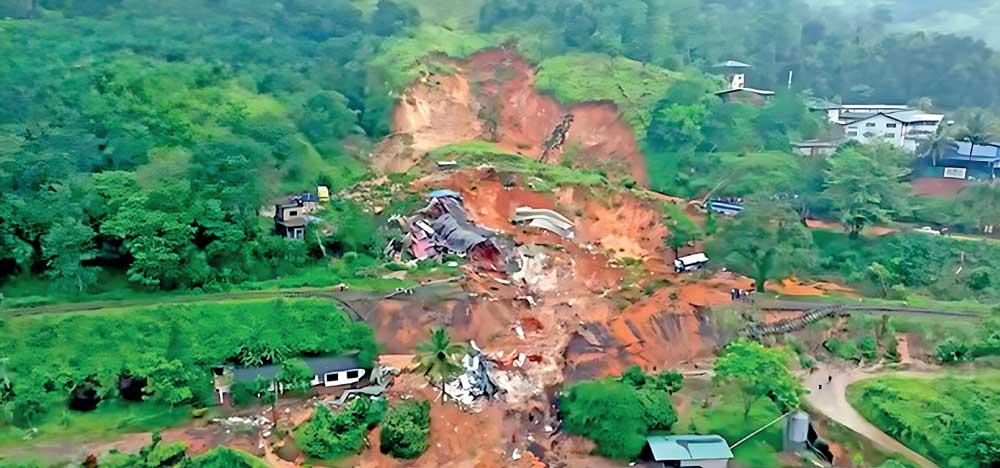MIDDLE EAST
U.S. Airdrops Weapons and Supplies to Kurds Fighting in Kobani
By ERIC SCHMITT OCT. 20, 2014 NYT
The United States and its Arab allies have conducted more than 135 airstrikes in and around Kobani in the past two weeks to help slow the advance of hundreds of Islamic State fighters on the town along the Turkish border.
But in a sign of the growing symbolic and operational significance of the town to both sides, three United States C-130 transport planes for the first time dropped 27 bundles of supplies provided by Iraqi Kurdish authorities to help the Syrian Kurds continue to resist the militant attempts to seize it, American officials said late Sunday.
The aircraft flew without fighter escort, faced no hostile ground fire, and left the airdrop zone safely, American officials said.
Gen. Lloyd J. Austin, head of the United States Central Command, spoke to reporters at the Pentagon on Friday.U.S. Commander Reports Heavy ISIS Losses in Syrian City of Kobani OCT. 17, 2014
“There was an urgent need to resupply,” a senior Obama administration official said in a hastily organized conference call Sunday night. “This was the quickest way to get the job done.”
When Kobani first came under attack several days ago, American officials said the fight for the town was not part of the coalition’s strategic campaign to weaken the Islamic State by attacking its oil refineries, headquarters and arms depots in Syria — all a part of the militant group’s ability to sustain its fight in neighboring Iraq. American officials appealed in vain for Turkey to deploy its sizable force just across the border to help.
But in the past few days, the Islamic State has poured heavily armed reinforcements into Kobani, providing allied warplanes with an array of targets — tanks, artillery and armed vehicles, Pentagon officials said.
Combined with resistance to the Islamic State on the ground, American officials said, the airstrikes had slowed the militant advances into Kobani, killed hundreds of fighters and destroyed or damaged weaponry and fighters’ positions.
“We’re trying to stay one step ahead of an opportunistic enemy,” an administration official said on Sunday night.
Still, American officials repeated the warning that Gen. Lloyd J. Austin III, the head of the Pentagon’s Central Command, offered last week: that despite intensified allied efforts, Kobani may still fall.
U.S. Airdrops Weapons and Supplies to Kurds Fighting in Kobani
By ERIC SCHMITT OCT. 20, 2014 NYT
WASHINGTON — Escalating its assistance to Kurdish fighters battling the Islamic State in the Syrian town of Kobani, American military aircraft on Sunday dropped ammunition, small arms and medical supplies to resupply the combatants, officials said.
The United States and its Arab allies have conducted more than 135 airstrikes in and around Kobani in the past two weeks to help slow the advance of hundreds of Islamic State fighters on the town along the Turkish border.
But in a sign of the growing symbolic and operational significance of the town to both sides, three United States C-130 transport planes for the first time dropped 27 bundles of supplies provided by Iraqi Kurdish authorities to help the Syrian Kurds continue to resist the militant attempts to seize it, American officials said late Sunday.
The aircraft flew without fighter escort, faced no hostile ground fire, and left the airdrop zone safely, American officials said.
Gen. Lloyd J. Austin, head of the United States Central Command, spoke to reporters at the Pentagon on Friday.U.S. Commander Reports Heavy ISIS Losses in Syrian City of Kobani OCT. 17, 2014
“There was an urgent need to resupply,” a senior Obama administration official said in a hastily organized conference call Sunday night. “This was the quickest way to get the job done.”
When Kobani first came under attack several days ago, American officials said the fight for the town was not part of the coalition’s strategic campaign to weaken the Islamic State by attacking its oil refineries, headquarters and arms depots in Syria — all a part of the militant group’s ability to sustain its fight in neighboring Iraq. American officials appealed in vain for Turkey to deploy its sizable force just across the border to help.
But in the past few days, the Islamic State has poured heavily armed reinforcements into Kobani, providing allied warplanes with an array of targets — tanks, artillery and armed vehicles, Pentagon officials said.
Combined with resistance to the Islamic State on the ground, American officials said, the airstrikes had slowed the militant advances into Kobani, killed hundreds of fighters and destroyed or damaged weaponry and fighters’ positions.
“We’re trying to stay one step ahead of an opportunistic enemy,” an administration official said on Sunday night.
Still, American officials repeated the warning that Gen. Lloyd J. Austin III, the head of the Pentagon’s Central Command, offered last week: that despite intensified allied efforts, Kobani may still fall.







No comments:
Post a Comment